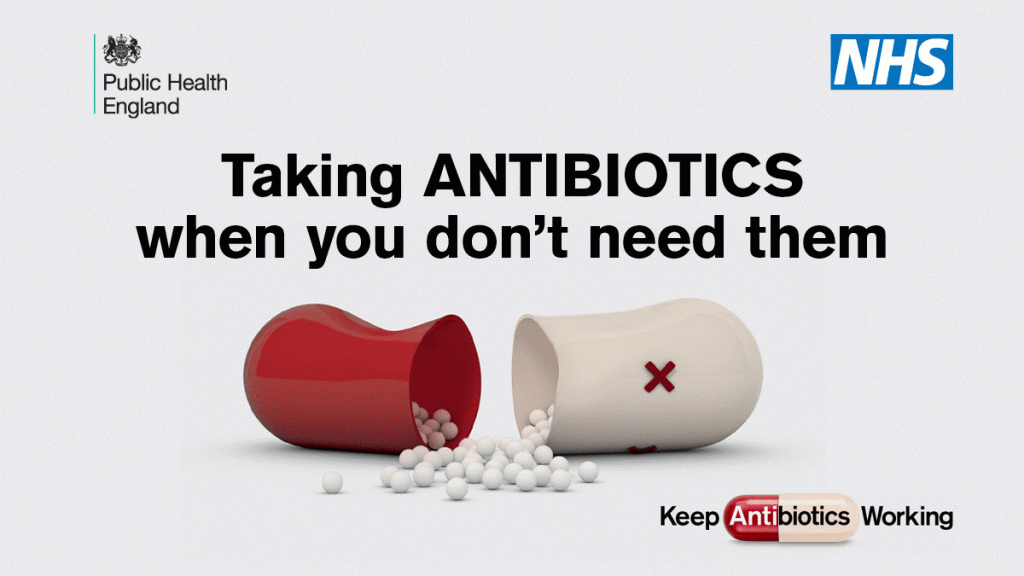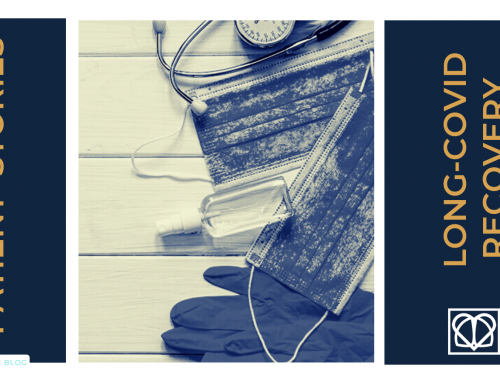For almost 100 years we’ve enjoyed the benefits of antibiotics. Since penicillin was first discovered by Alexander Fleming in 1928 the development of a wide variety of antibiotics to treat bacterial infections has been hailed as one of the greatest advances in therapeutic medicine.
After the initial discovery, it was thanks to collaborations with British pharmaceutical companies that the mass production of penicillin was made possible. By the end of WWII, penicillin had earned its reputation as ‘the wonder drug’ and had already saved many lives. Around 100 new classes of antibiotics were then introduced over the next twenty years or so.
Crisis? What crisis?
Over the last 20-25 years, we’ve seen a huge rise in resurgent and ‘new’ infectious diseases. The heavy reliance on antibiotics within the health care, veterinary and agricultural sectors, and their over-use has resulted in a strong selection pressure for resistant bacteria. Whilst it’s important to remember that antibiotic resistance is a natural phenomenon, the level of resistance we’re currently experiencing globally poses a serious threat to the treatment of infection. It’s being described as a threat to humanity that’s as big as climate change.
Why is this a problem?
Put simply, it means that some diseases are becoming more and more difficult to treat because they have become resistant to the antibiotic that used to work in the past. These are the ‘superbugs’ like MRSA that we hear about in the news – and they’re very real. Official figures suggest that these superbugs claim the lives of around 5,000 people a year in the UK, but experts have argued that the real figure is at least double that.
And it’s rising each year…
The rise in antibiotic resistant superbugs coupled with the fact that there is very little development of new antibiotics to replace those that no longer work, means that the challenge to be able to effectively treat some diseases is growing.
Here in the UK, we’ve reduced the amount of antibiotics we use by more than 7% since 2014, which is clearly a positive step. But it’s an uphill battle as the number of drug-resistant bloodstream infections has also increased by 35% from 2013 to 2017.
With respiratory issues in particular, conditions such as chest infections, pneumonia and infections relating to Cystic Fibrosis have historically responded well to antibiotics. The thought of this no longer being the case in the future is a sobering one.
What can we do?
Being aware of the crisis is a good starting point. There are other steps you can take that will also make a difference:
-
Know the facts – remember that antibiotics don’t work on viral infections. There really is no point in taking them if you have a cold or the flu. Instead speak to your pharmacist to ask about other treatment options.
-
Don’t self medicate – don’t be tempted to play doctor! And don’t take leftover medications that you might have from an illness you’ve had in the past. Understand that if a doctor tells you that antibiotics won’t work for your individual complaint, they are doing so for good reason.
-
Follow instructions – if you are prescribed antibiotics make sure you follow the instructions and finish the whole course. Don’t be tempted to stop as soon as you start feeling better.
-
Prevention is better than cure – try to avoid spreading bacteria around. Wash your hands regularly and make sure you wash kitchen surfaces when preparing food.
-
Keep your vaccinations up to date – protecting yourself against disease is essential. If you’re in the ‘at risk’ category, be sure to have your flu vaccination every year. And keep up to date with all your vaccinations such as whooping cough.
Public Health England launched their campaign at the beginning of this Winter called Keep Antibiotics Working which you may have noticed on TV. This campaign is to help raise awareness of the issue and their message captures it perfectly:
Antibiotics – we’re wonderful pills
But don’t ever think we’ll cure all your ills
So everytime you feel a bit under the weather
Don’t always think that we can make you better
Take us for the wrong thing, that’s dangerous to do
When you really need us, we could stop working for you
So please don’t end up paying the price
Always take your doctor’s advice
But don’t ever think we’ll cure all your ills
So everytime you feel a bit under the weather
Don’t always think that we can make you better
Take us for the wrong thing, that’s dangerous to do
When you really need us, we could stop working for you
So please don’t end up paying the price
Always take your doctor’s advice





